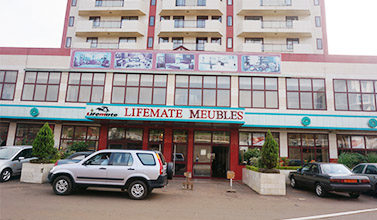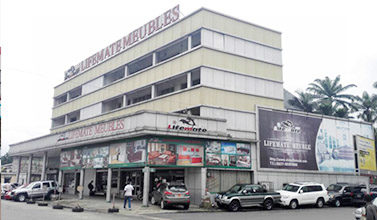A virtual data room (VDR) is an https://firstdataroom.com/5-ways-to-improve-your-information-security/ encrypted, cloud-based repository for sharing confidential documents and information in business transactions. These include due diligence, M&A, fundraising rounds and legal cases, among more. The VDR includes streamlined collaboration with accelerated decision-making procedures, and compliance with the regulatory requirements.
Certain VDRs have a user-friendly interface that allows users to quickly find and access files. Some VDRs have a complex interface that requires training to use effectively. Before you choose a VDR platform, you need to consider the needs of your team, as well as the kind of work that will be carried out on it.
The top VDRs provide a range of efficiency-enhancing and security features, such as advanced search, watermarking, and secure document sharing. Some VDRs also provide an audit trail, which records all actions taken by the user, such as each agreement clicked, video watched, or document read. These features provide transparency and accountability, which is important in contracts that are regulated.
Another advantage of a VDR is that it can be used to share documents and other data even when the party isn’t physically present. This saves time and money over traditional methods of sharing documentation, which can be difficult to coordinate and often result in delays in critical business transactions or in the process of making decisions. This is especially true during M&A where parties from outside must review documentation prior to a deal being concluded. The VDR platform’s collaborative, centralized approach can help buyers and investors make informed decisions in less time.







Leave a Comments